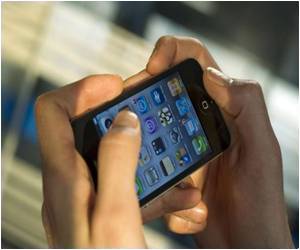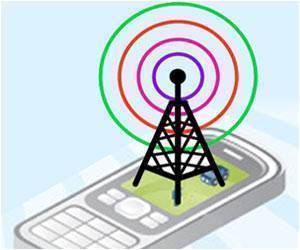
According to her, high-speed connections have left us more disconnected than ever.
"I studied families who are having breakfast together, and every member of the family is texting," Turkle said.
"I study funerals and people around texting," she said.
Turkle’s book ’Alone Together’ surveyed hundreds of people about their plugged-in lives. Her conclusion was that "we have lost the art of conversation."
"An 18-year-old boy talks about how he always would rather text than talk. He says, ’I’ll tell you what’s wrong with having a conversation - it takes place in real time, and you can’t control what you’re gonna say’," she said.
Advertisement
On an average, 18- to 24-year-olds send and receive a whopping 3,200 text messages a month.
Advertisement
Researcher Sergey Golitsynskiy and his colleagues asked students around the world to go without their cell phones for 24 hours.
"It ended up being the most horrible experience many of them had ever in their life, according to what they self-reported to us. The psychological impact was significant," Golitsynskiy said.
70 percent of them quit the experiment, saying they simply couldn’t do it.
"They felt a tremendous amount of boredom. They were bored without it Golitsynskiy said.
"They felt emotionally detached from the rest of the world," he said.
Nicholas Carr, who writes about technology and culture, says that "we become obsessive in our desire to keep checking Facebook updates and texts and emails."
He believes there’s a scientific reason why these devices are our favourite vices.
"People have a primitive instinct to want to gather information, to want to know everything that’s going on around them. And you can kind of see how that would help you survive back in cavemen and cavewomen days. Where it becomes a problem is when we create this new world for ourselves where there’s unlimited amounts of information. We can’t stop this compulsive checking," he said.
"The trend is toward ever more connection, ever more distraction," Carr said.
He also thinks that all this distraction is messing up our brains.
"It begins to crowd out all the quieter, calmer moments, when you might engage in reflection or introspection or contemplation," he added.
Source-ANI








